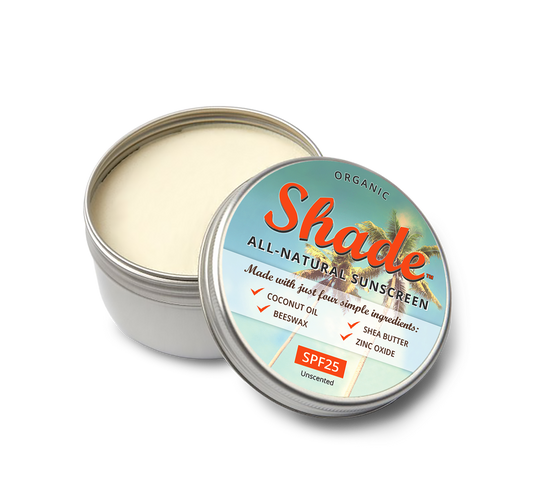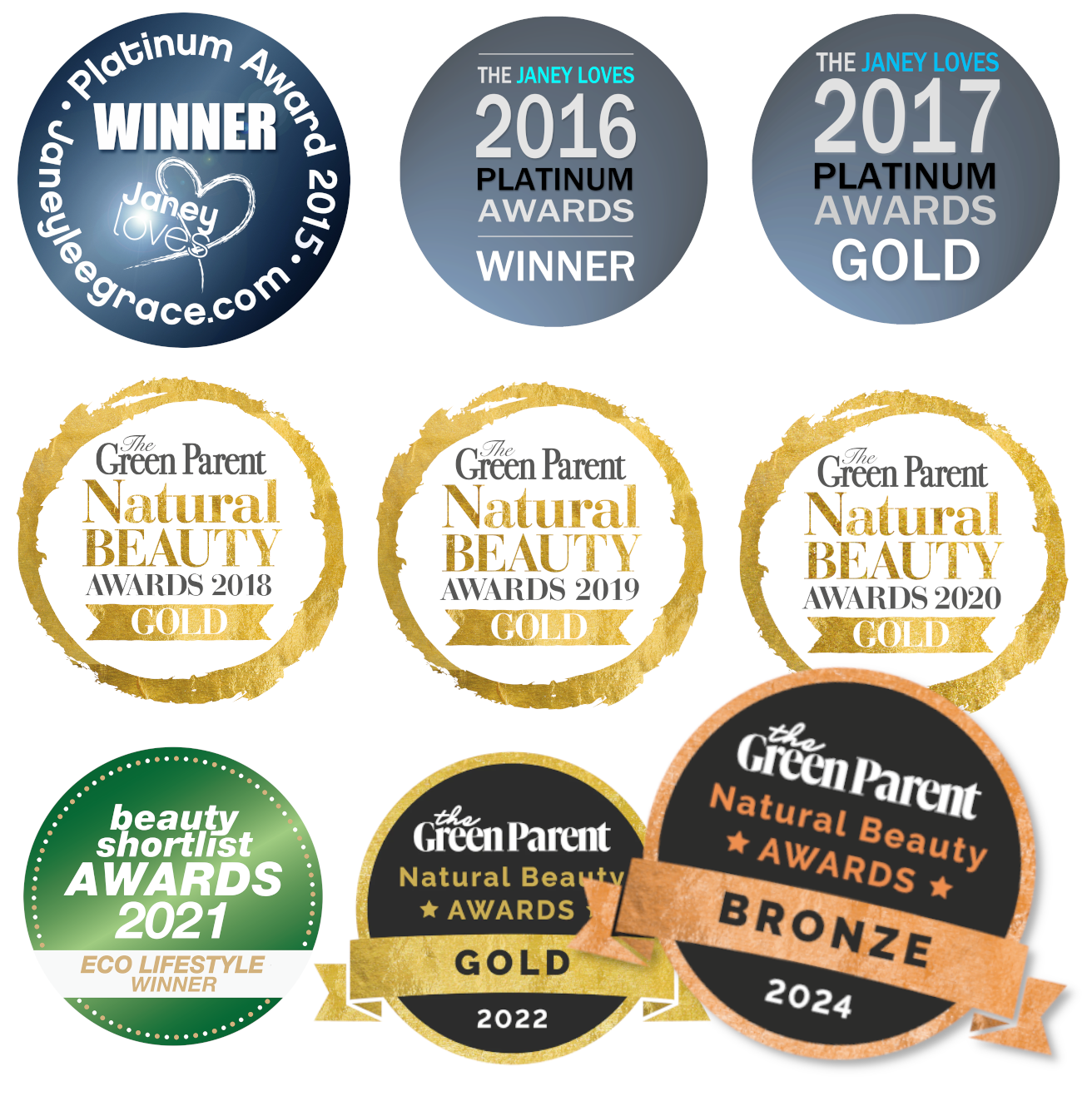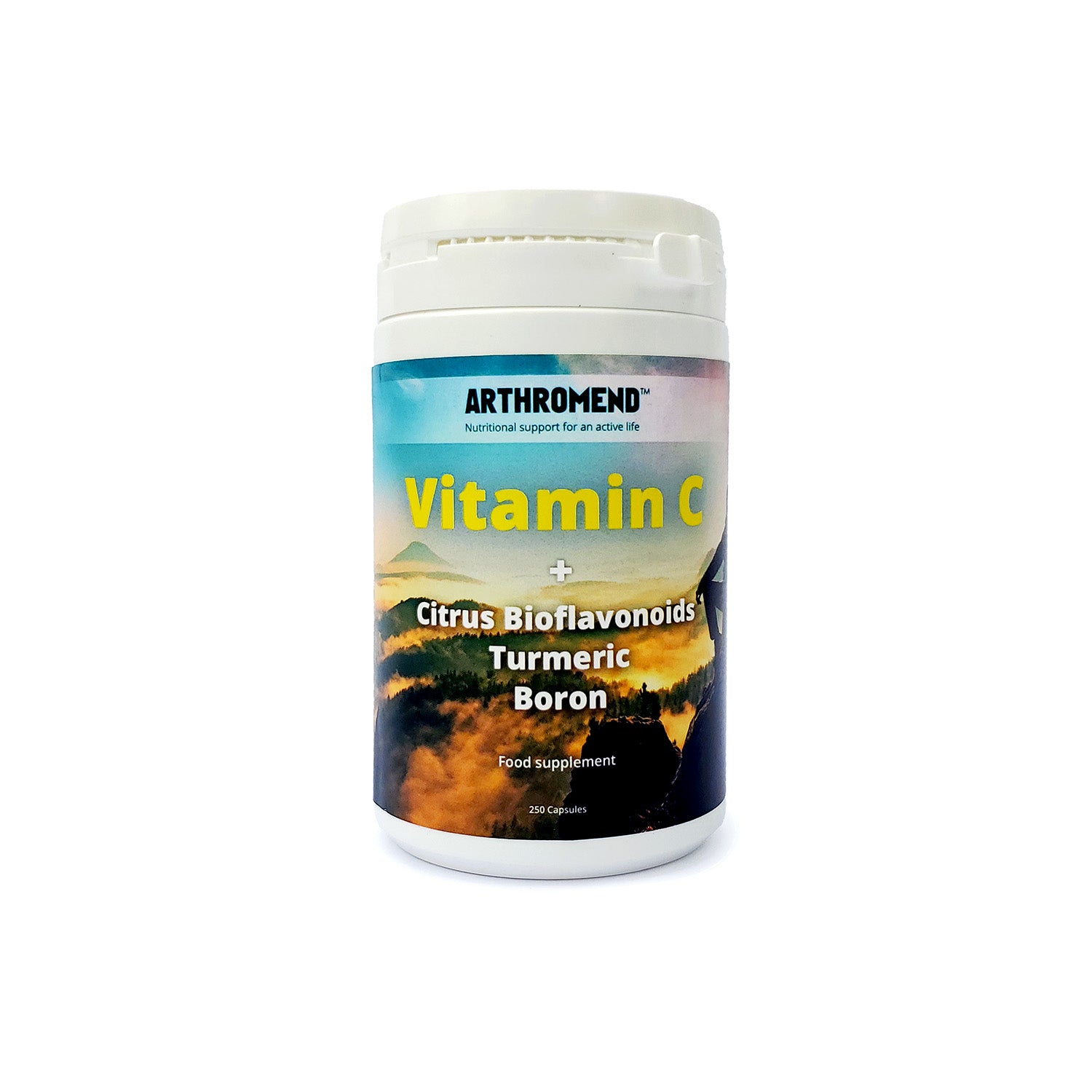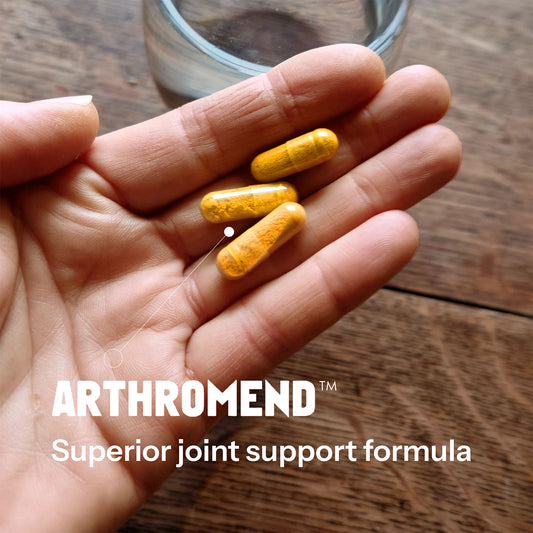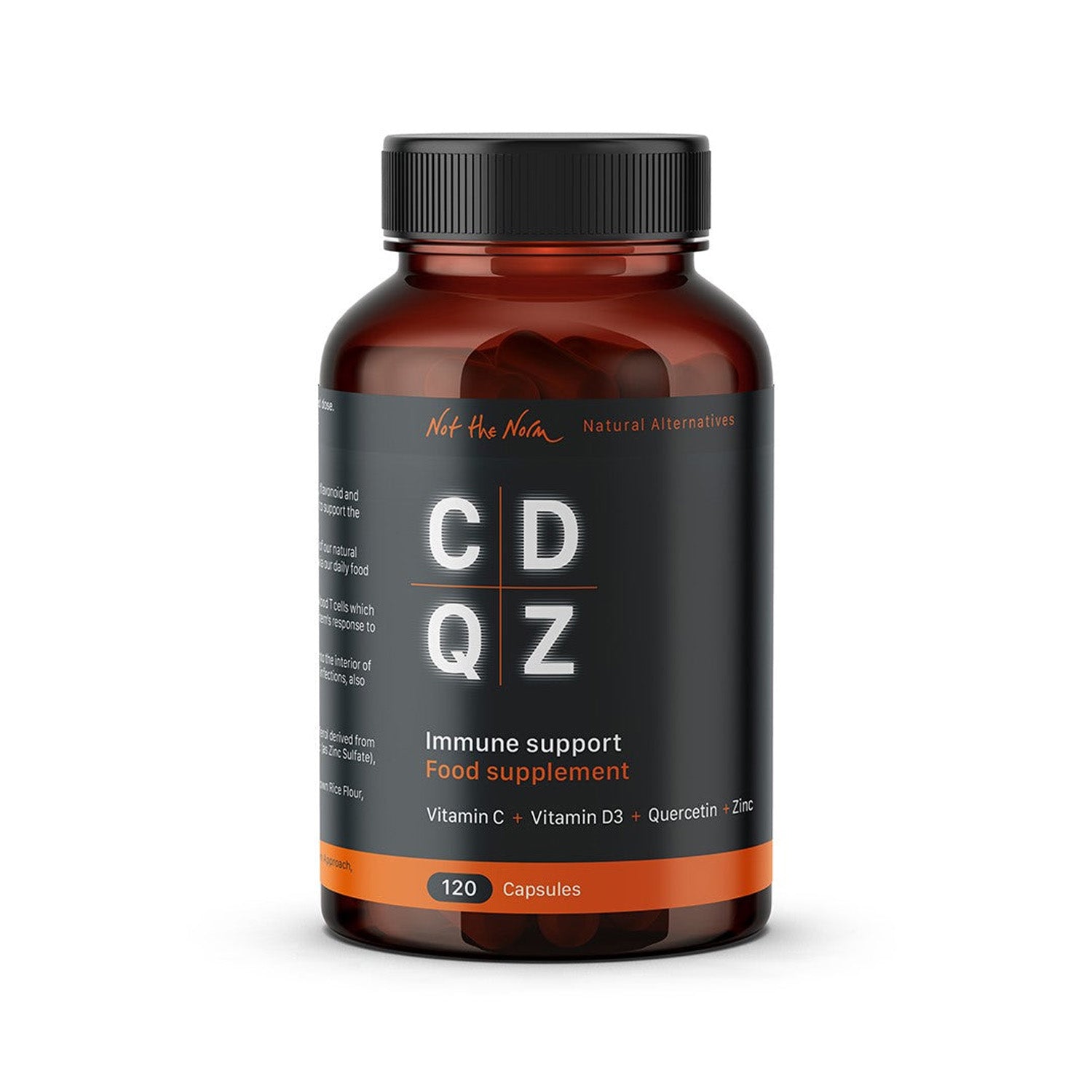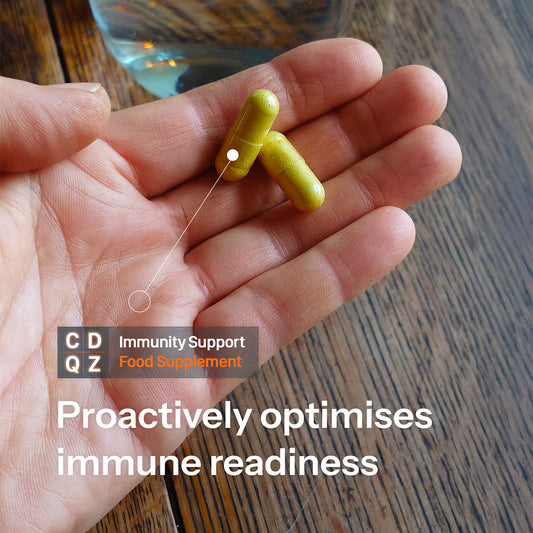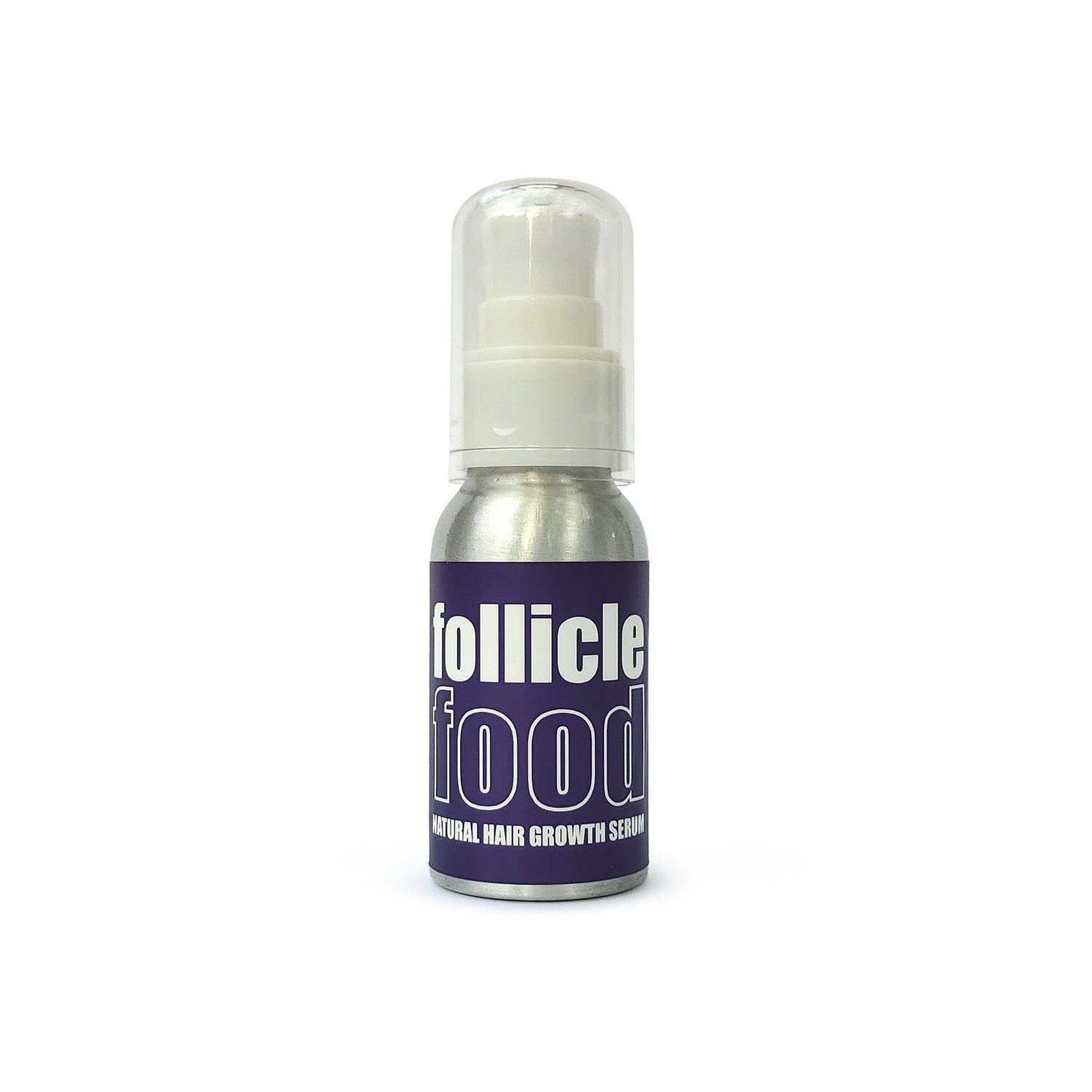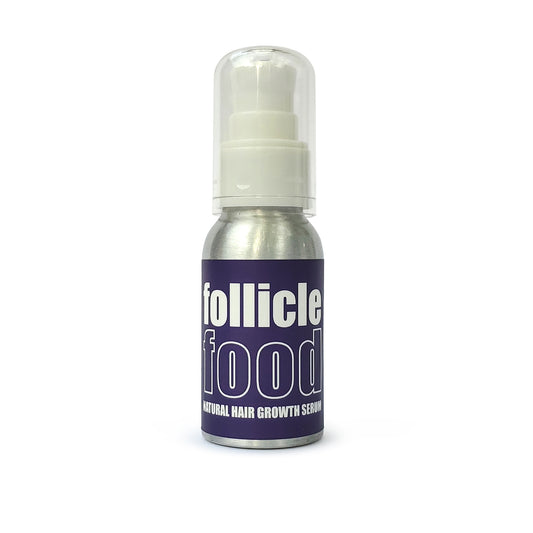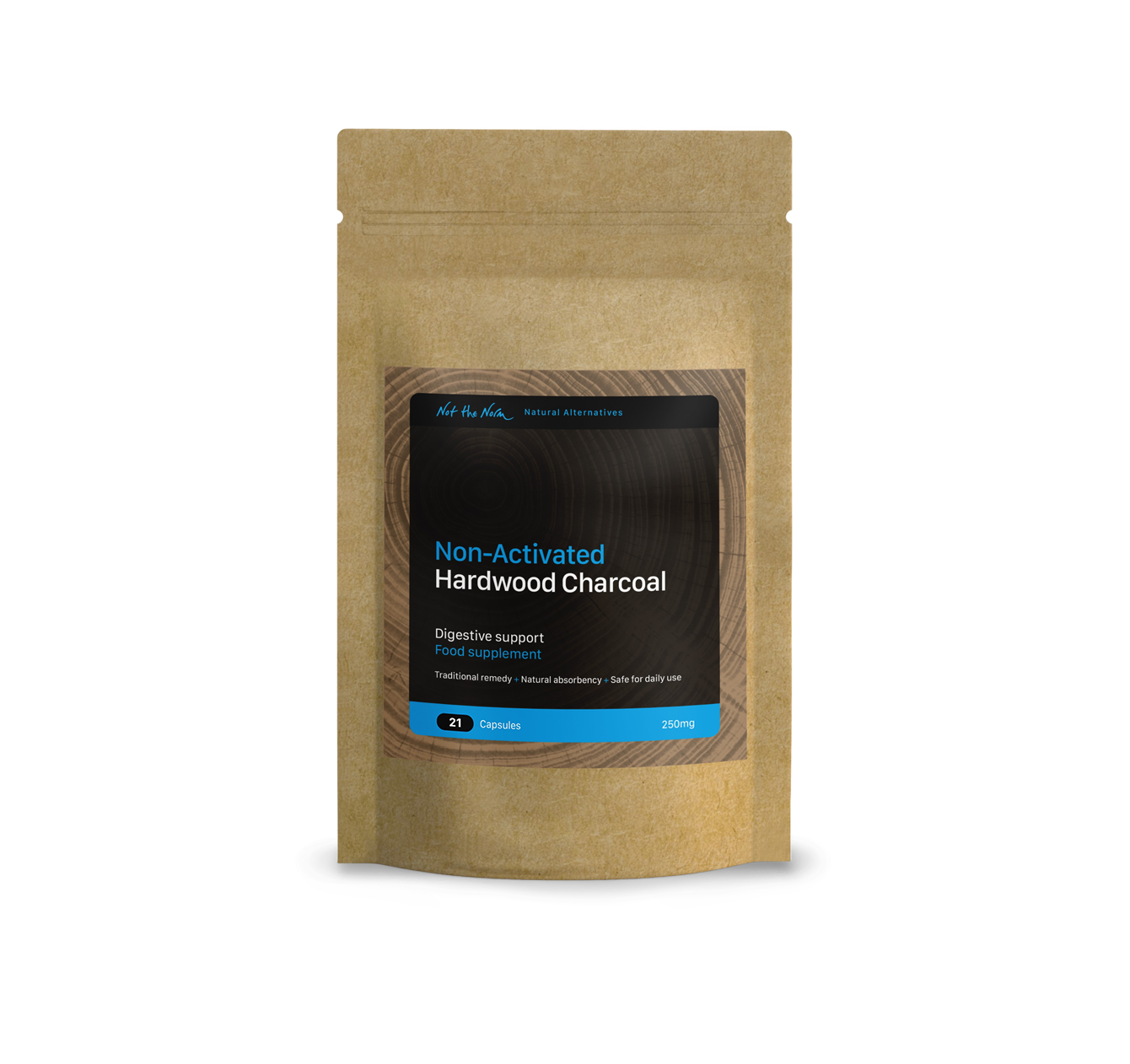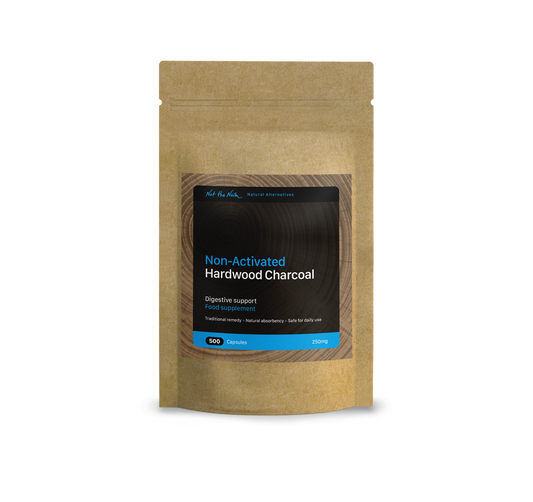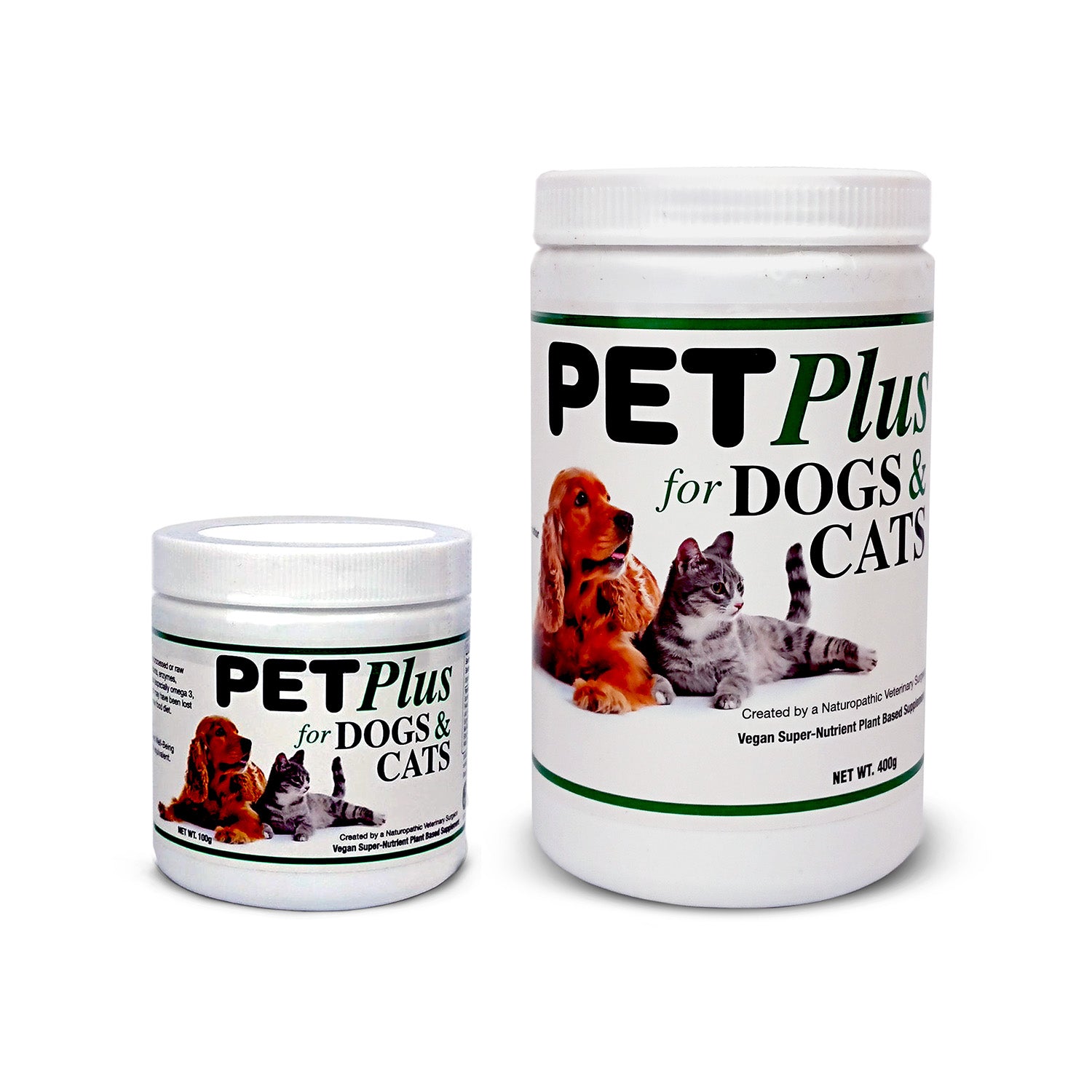Ever looked at a Best Before date on your supplements and panicked, thinking they were suddenly useless the next day? You’re not alone! The truth is, Best Before dates aren’t as reliable as you might think, and millions of perfectly good supplements are thrown away every year because people don’t realise how these dates actually work.
So, let’s bust some myths and save your wallet (and the planet) from unnecessary waste!
The Great Best Before Date MythFirst things first: Best Before dates do NOT mean "throw away after this date." They’re not safety warnings like Use By dates on perishable food. Instead, they’re guidelines for quality, meaning the manufacturer is simply saying, "Hey, this is when we think it’ll be at peak performance!" But does that mean it suddenly turns into dust the next day? Absolutely not.
Here’s something even more ridiculous: In the UK, if a supplement is made in a contract factory, it automatically gets a two-year Best Before date—even if some of the ingredients already had a two-year Best Before date before they were used! That means a product that technically contains ingredients already near their "expiry" magically gets a fresh two years of shelf life just because it’s been mixed together. If that doesn’t make you question the system, what will.
How Long Do Supplements Actually Last?Okay, so if Best Before dates aren’t the be-all and end-all, how long can supplements actually last? Here’s the reality:
- Minerals (e.g., calcium, zinc): Basically indestructible—they’re stable for at least one year past the Best Before date and often much longer.
- Water-soluble vitamins (e.g., vitamin C or B6): Still good for about 6 months after the Best Before date.
- Fat-soluble vitamins (e.g., vitamin D, vitamin E) and omega-3s: Slightly more delicate, but still fine for 1-2 months past the Best Before date.
That’s a lot of extra time that most people never take advantage of because they think a supplement suddenly stops working at the stroke of midnight when the Best Before date hits. Spoiler alert: it doesn’t.
Best Before ≠ Suddenly UselessThink about it: Does your coffee stop being coffee the day after its Best Before date? No. Does your flour turn into poison? Nope. Yet, millions of supplement bottles are chucked into the bin every year, all because of a completely arbitrary date that doesn’t actually mean much.
And guess what? Companies are fully within their rights to charge full price right up to the Best Before date. They don’t have to discount them just because they’re close to the "magic deadline." In fact, many supplements remain potent for years beyond what’s printed on the label—especially if they’re stored correctly.
How to Keep Your Supplements in Top ShapeWant to make sure your supplements last as long as possible? Here’s what you need to do:
✔️ Store them in a cool, dry place (room temperature is perfect).
✔️ Keep the lids tightly closed—oxygen and moisture are the real enemies!
✔️ Use the enclosed measuring scoop if provided (or a clean, dry spoon) to avoid contamination.
✔️ Don’t leave them open for long periods—air exposure can speed up degradation.
✔️ Use them quickly after opening, but don’t freak out if you go a little past the date.
Let’s be real—how much waste is being generated because people blindly trust Best Before dates? Perfectly fine products get tossed, landfills fill up, and consumers waste money replacing supplements that are still good.
If we all stopped panicking over Best Before dates and used common sense, we could save millions of bottles from unnecessary disposal and cut down on ridiculous levels of waste.
So, next time you see your Best Before date approaching, don’t panic! Ask yourself:
🔹 Is it a mineral? It’s fine.
🔹 Is it a vitamin? Still got some time.
🔹 Does it smell weird, look strange, or have moisture inside? Okay, maybe toss it.
🔹 Otherwise? It’s probably still good!
Best Before dates on supplements are not a reason to throw away perfectly good products. They’re a rough estimate, not a hard rule, and often they’re set based on business and manufacturing convenience rather than actual ingredient stability.
Next time you see that Best Before date creeping up, use your judgement before you toss your bottle in the bin. Your wallet (and the environment) will thank you!


